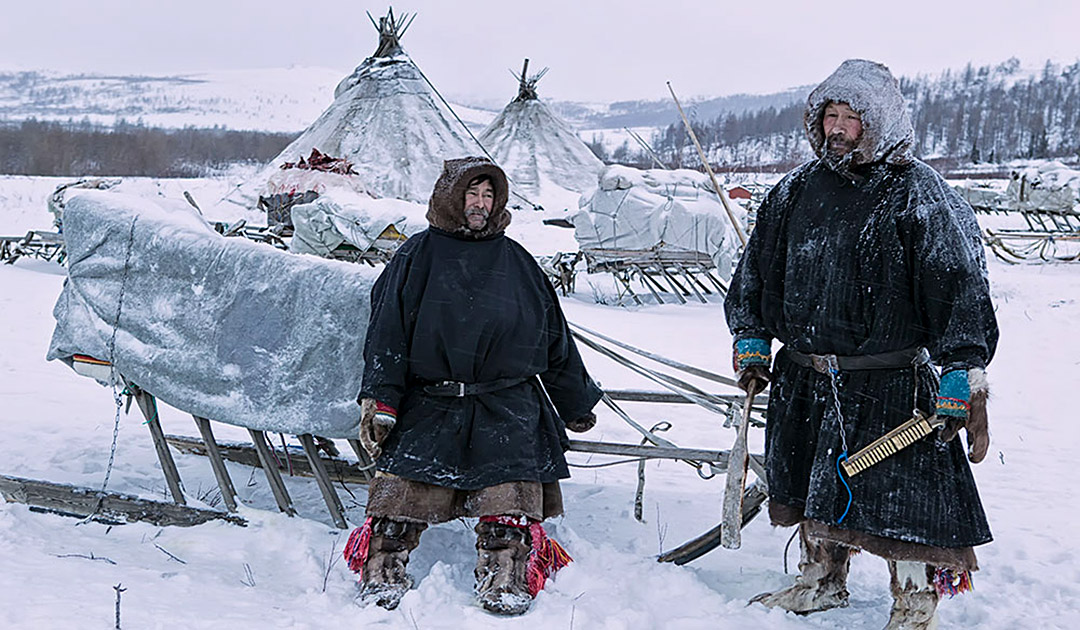
The Nenets on social media – a self-portrait
More than any other Siberian ethnic group, the Nenets have preserved their culture and customs, which they actively share on social media.

More than any other Siberian ethnic group, the Nenets have preserved their culture and customs, which they actively share on social media.

In a two-part article, guest author and Professor Doaa Abdel-Motaal discusses food security in the Arctic, Today, PolarJournal is publishing the second part about the perspective of local and Indigenous Arctic Communities.

What happened to the very first people who lived in Greenland? Nobody knows. But maybe we’ll soon get the answer.

Trees that grew in Greenland two million years ago might secure our food supply in the futures, says Eske Willerslev, one of the world’s leading geneticists.

SLF biologist Christian Rixen writes about his expedition to Greenland in the footsteps of historical botanists – and climate change.

Due to climatic changes, ocean currents shift and thereby create new upwelling areas in the Arctic Ocean. Expert Dr. Katya Uryupova from The Arctic Institute explains the situation and the consequences.

To prevent people in Greenland from commiting suicide, a researcher travels up and down the country and successfully holds courses for survivors who want to help others taking a similar path to end their lives.

A group of researchers is looking for people who want to open their homes to them. They would like to measure if Greenlandic homes have too high a concentration of the hazardous gas radon.
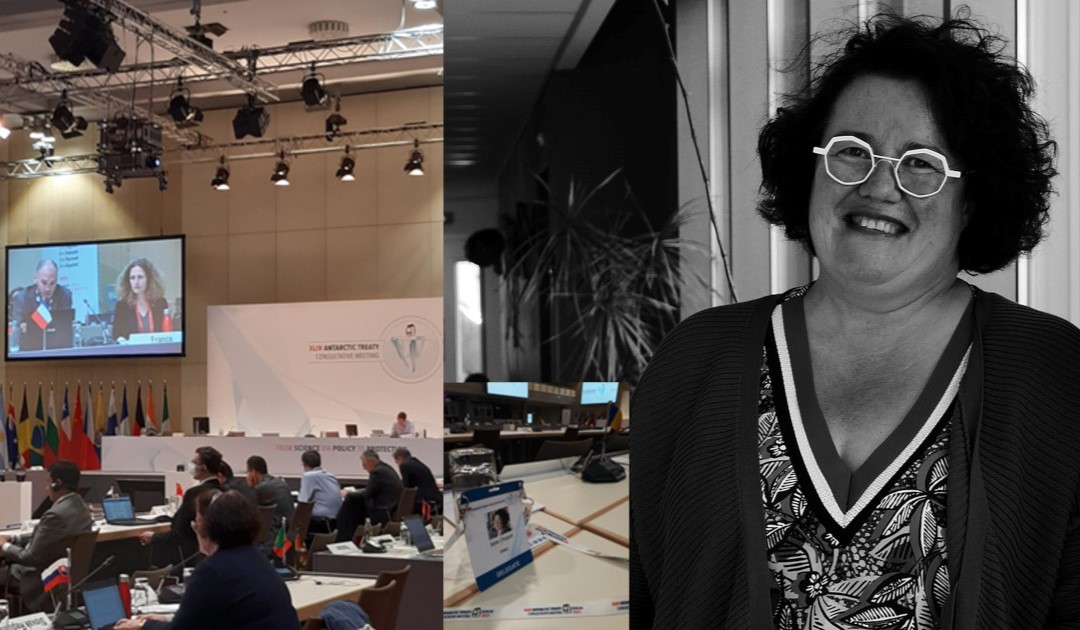
Anne Choquet, a lawyer specialized in the law of the polar regions and a proponent of scientific approaches combining several disciplines, is working on a new research project at the crossroads of science, education and the business world.

Join Arctic Hub for a visit to the research station at the 75th parallel, where scientists recently made a historic discovery.
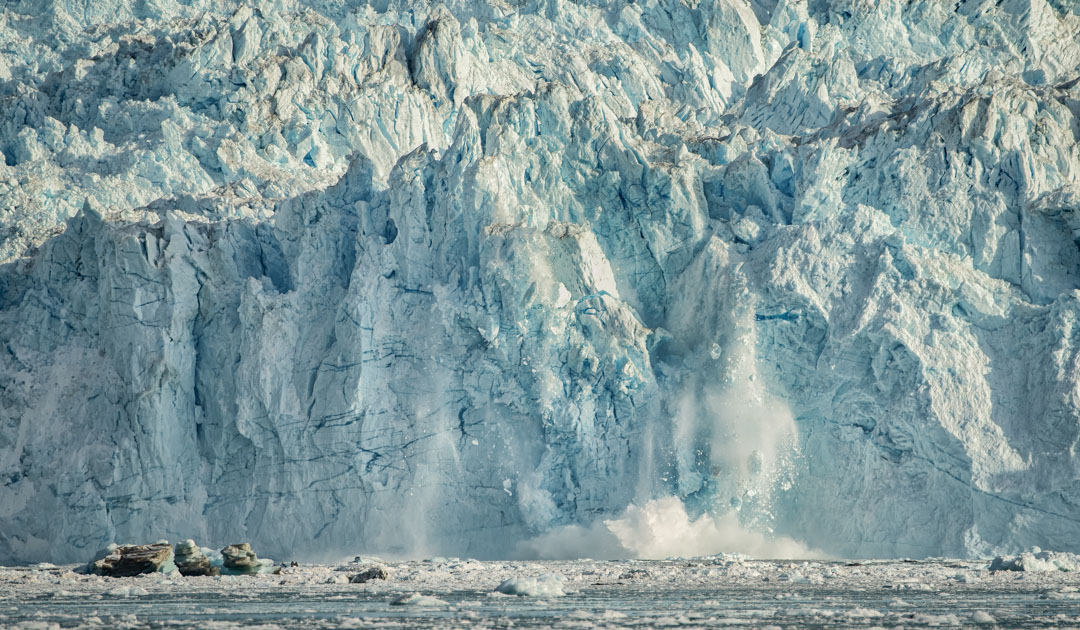
Scientists and Alliance of Concerned Nations urge UN New York Climate Ambition Summit to “take 2°C off the table” to Prevent Catastrophic Impacts from Melting Ice

In just three years, Arctic Hub has gone from a vision to an important player in the Greenlandic research community. Now, its Head of Secretariat Anna-Sofie Skjervedal, will pass on the torch.

In the 1970s, the geographer Bent Hasholt wanted to conduct research that mattered to society – so he started calculating rainfall in his free time.
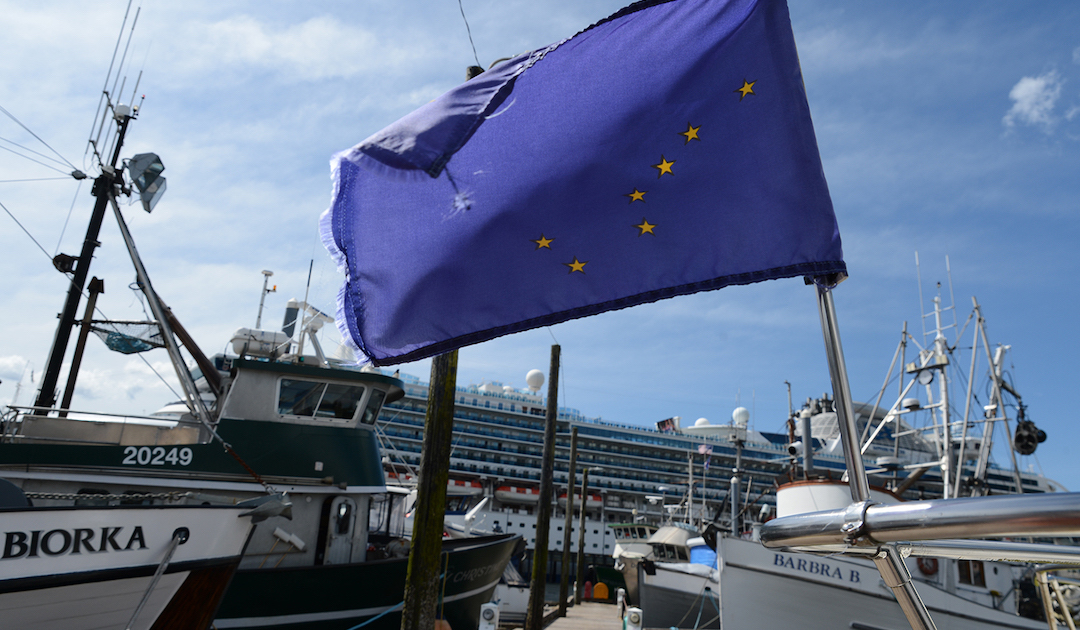
Alaska Maritime Heritage Preservation Program is open to funding projects by museums, others

The full-time crew of the Vagabond, which has been criss-crossing the Arctic for over 20 years on behalf of science, welcomes a team of geologists from the French Polar Institute in southern Greenland.

Tracking changes in permafrost can take years and sometimes decades, lags that cannot keep up with the transformations in the rapidly warming Arctic. Now scientists will be developing new technology to track those changes in real time, thanks to a project funded by Google.
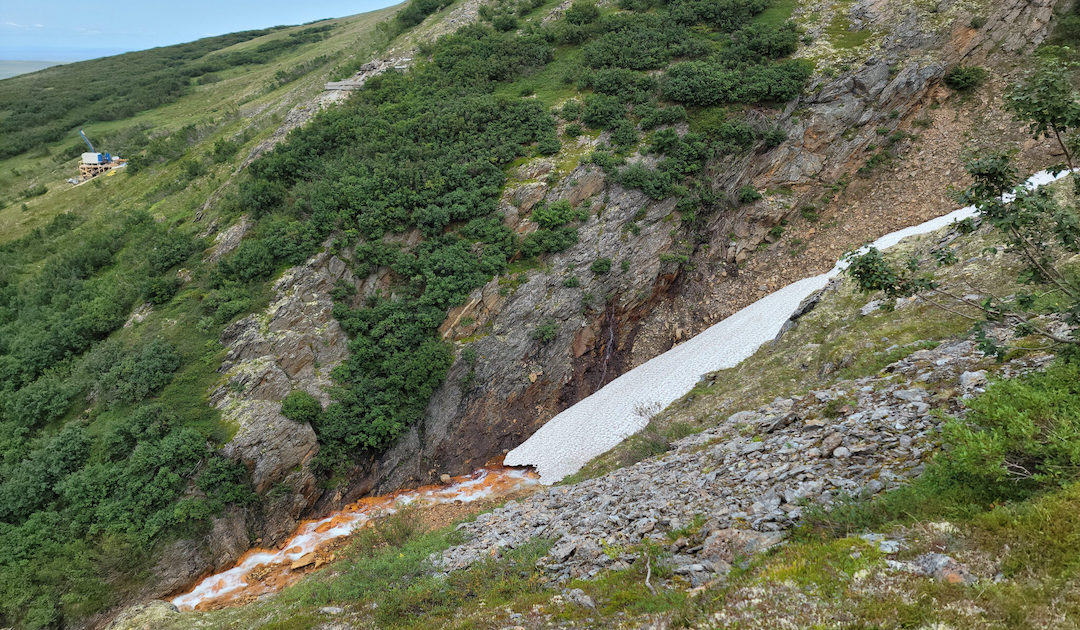
The U.S. Department of Defense has awarded a $37.5 million grant to boost an Alaska mine project that would produce a mineral deemed critical to electronics and batteries: graphite.

Sometimes bad space weather causes our communication systems to break down – particularly in the Arctic. For this reason Ph.D. fellow Sarah Schultz Beeck is developing maps, showing where in Greenland the space weather causes bad or no connection.

Navigation through the Arctic sea ice is changing as the climate and sea warm up, and new commercial opportunities are disrupting the global economic balance.
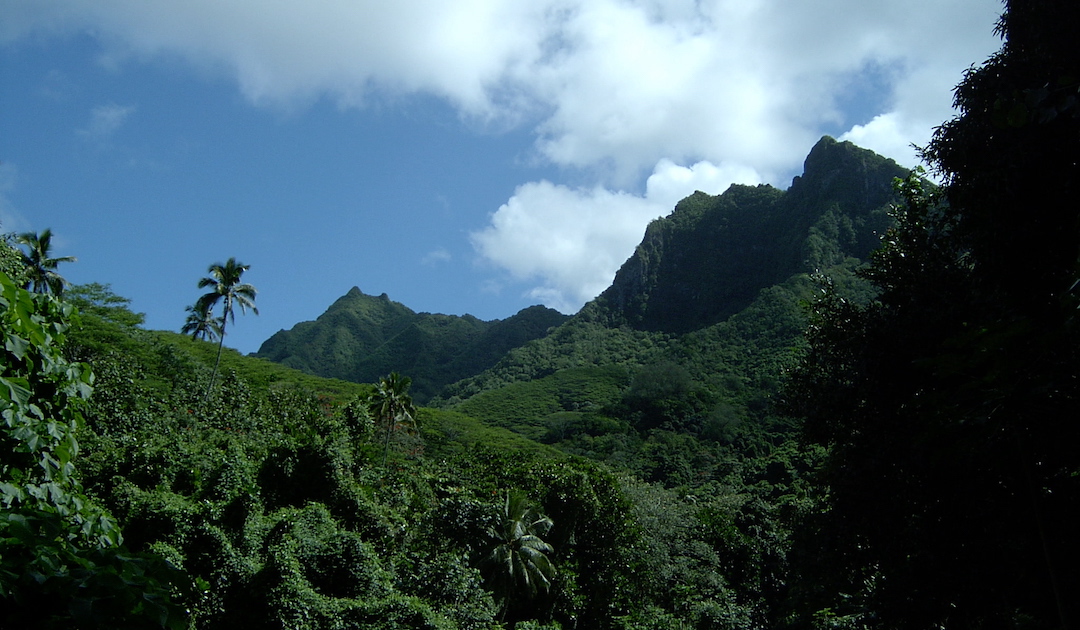
You might not think it, but Greenland has a lot in common with the Cook Islands. Perhaps that is why one of the things they do not share is being so closely looked at in Greenland as it progresses towards independence from Denmark

Arctic sea ice loss and fierce storms leave Kivalina’s volunteer search and rescue fighting to protect their island from climate disasters.
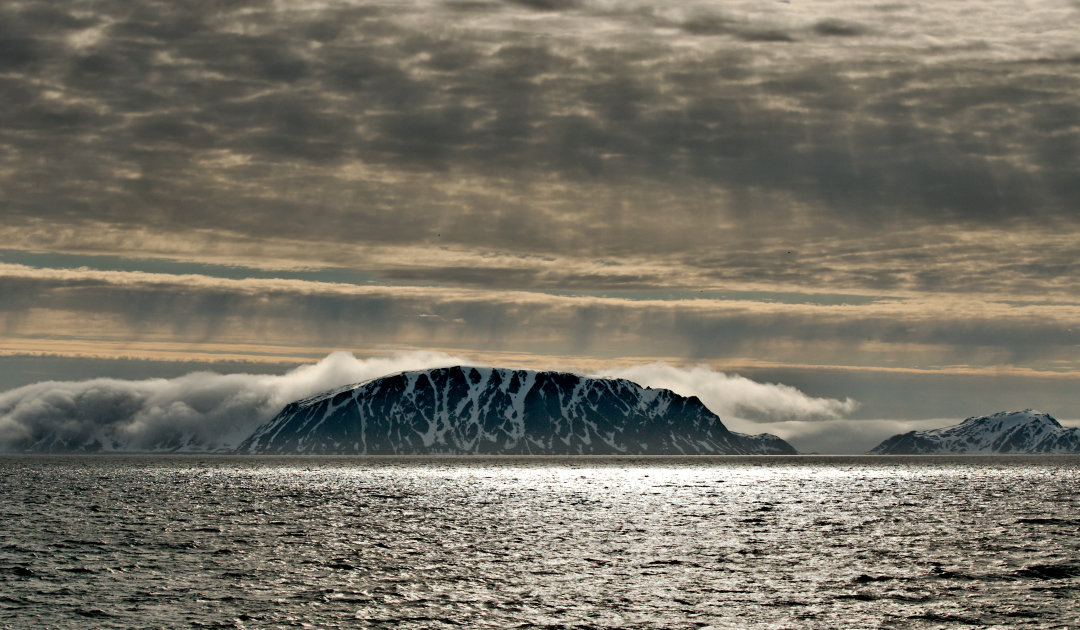
Atmospheric rivers transport large amount of water vapor from and to the polar regions thereby impacting our climate as well the Arctic and Antarctic and yet many questions remain unanswered.
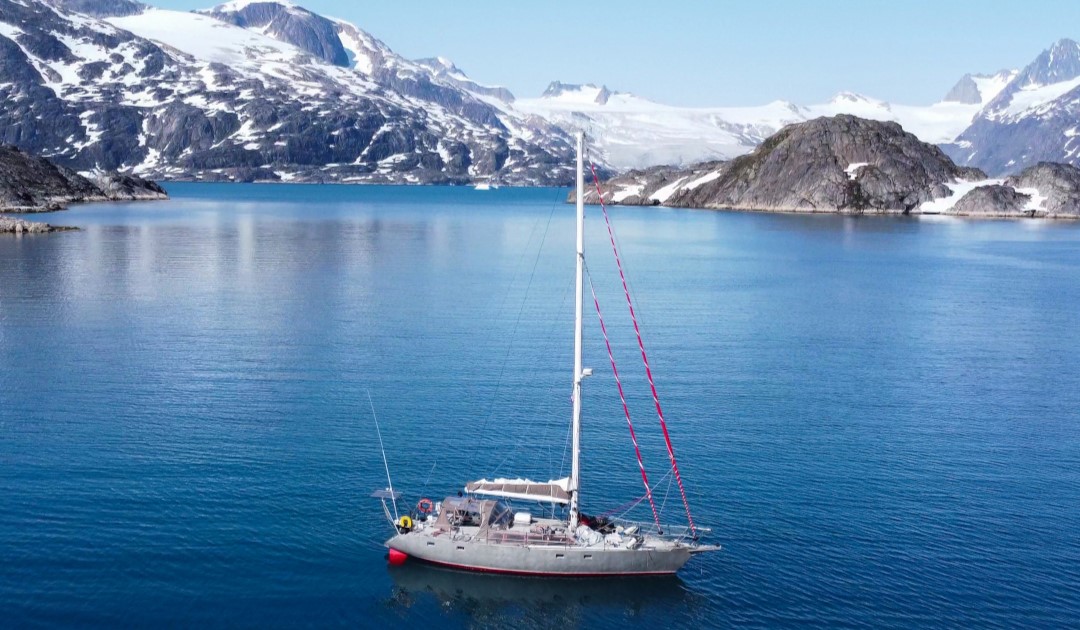
An insurance dispute forced the postponement of last years leg, but the organisers have new ship that will allow the scientific and artistic voyage to go on

Can equality be guaranteed in a judicial system after centuries of unequal treatment? Guest author Mirjana Binggeli takes a look at this question among the Inuit in Nunavik in northern Canada.